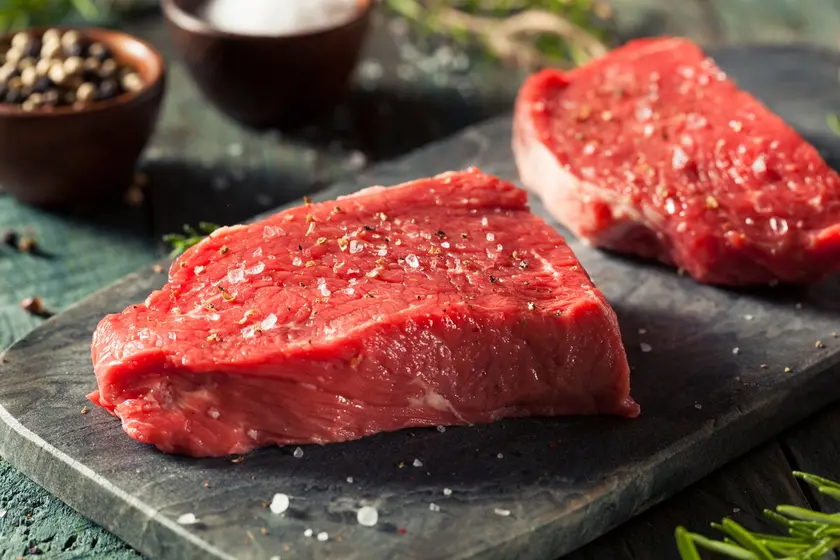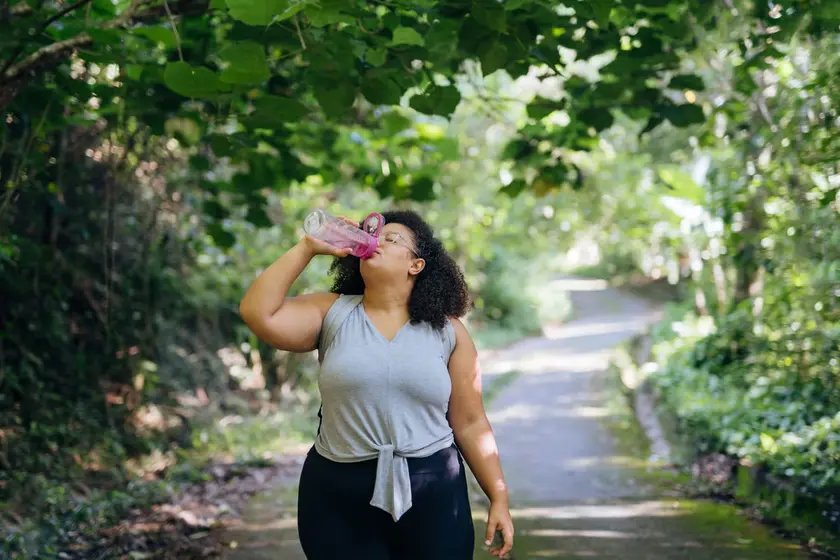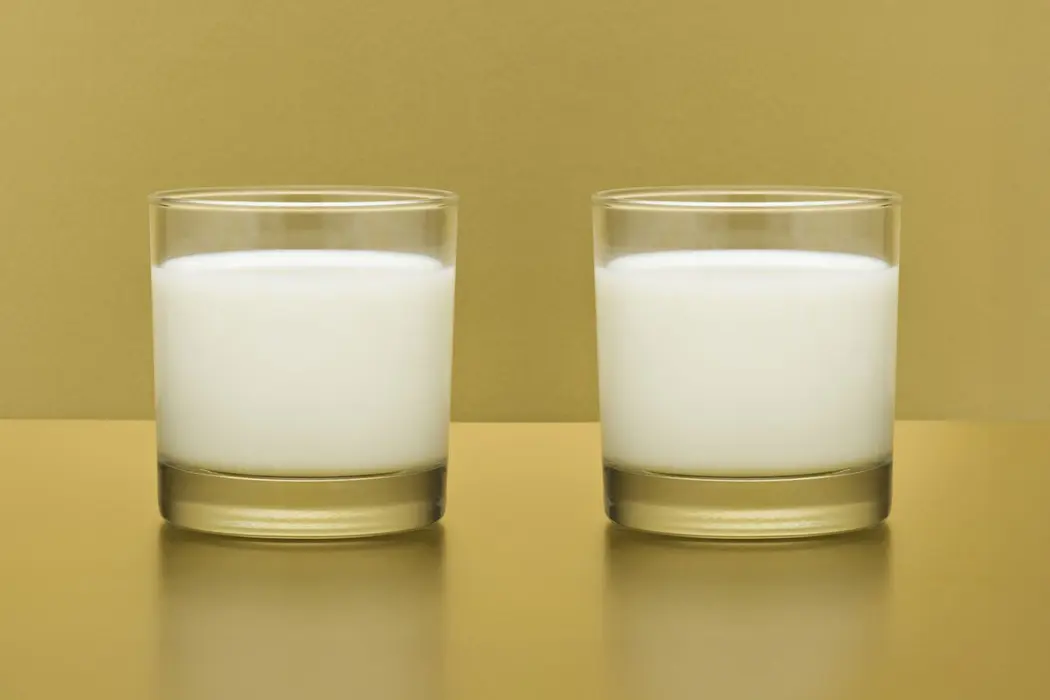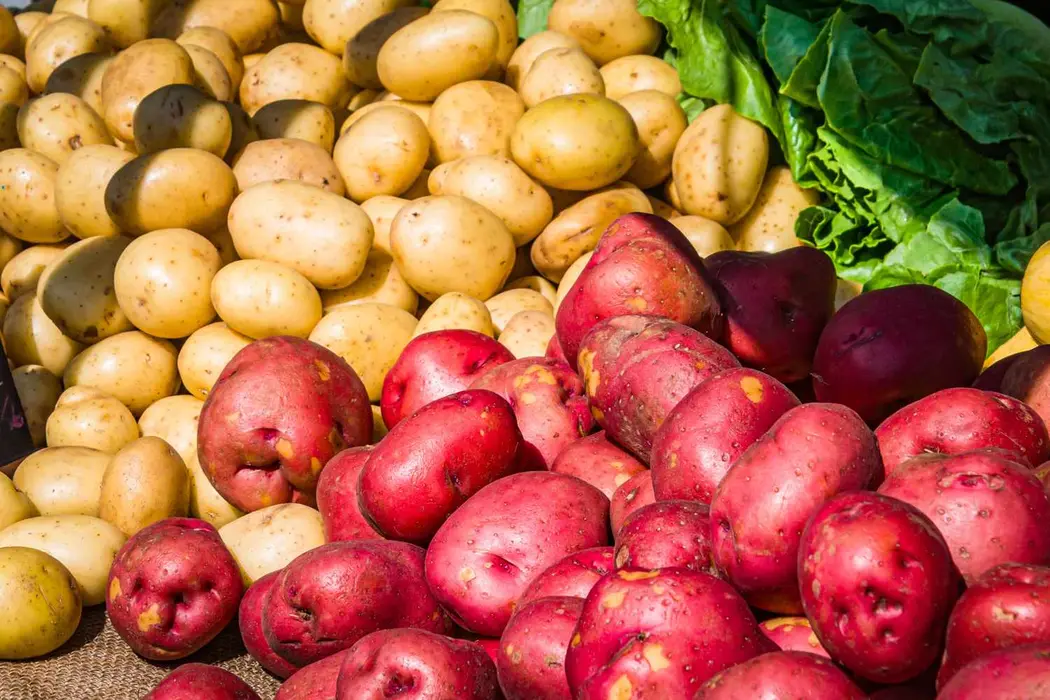T4K3.news
Vegan Diet Health Debate Finds Nuance
A balanced look at plant based eating shows it can be healthy with planning and awareness of key nutrients.

A balanced look at plant based eating that weighs science, caution, and practical advice for everyday readers.
Vegan Diet Health Debate Finds Nuance
The article examines the vegan diet with a practical lens and argues that eating plant based can be healthy when planned with attention to nutrients and when ultra processed plant based products are not the default. It cites guidance from the Academy of Nutrition and Dietetics that well planned vegan diets are appropriate for all life stages and that nutrition quality depends on choice, not on the absence of animal foods. It also highlights nutrients to watch such as B12, iron, omega 3s, calcium and vitamin D and suggests plant sources or supplements as needed.
The piece also discusses how people react to veganism and how gut health changes during a transition. It notes that energy dips often stem from not meeting calorie needs or missing key minerals, rather than a flaw in plant based eating. It emphasizes gradual change and variety, plus the idea that the real risk is a poorly planned diet rather than the vegan label itself. The concluding message calls for balance and intentional eating rather than dogma.
Key Takeaways
"The food industry spends billions convincing us to eat the way we do"
attributed to Michael Greger on marketing and industry influence
"You can be vegan and eat nothing but Oreos and French fries all day"
Whitney English on diet quality
"Well planned vegan diets are appropriate for all stages of life"
Academy of Nutrition and Dietetics guidance
"The energy slump myth is tied to calories and iron"
discussion of energy levels on vegan diets
The article pushes back against simple narratives about vegan health and highlights the social dynamics that shape perceptions of nutrition science. It shows how sensational headlines and marketing can distort real progress, and it asks readers to demand practical guidance rather than blanket verdicts.
In the end the piece frames plant based eating as a personal practice rather than a moral test. The opportunity lies in accessible nutrition education, personalized planning, and a steady expansion of plant foods. The risk is polarizing the topic and losing sight of dietary balance.
Highlights
- The food industry spends billions convincing us to eat the way we do
- You can be vegan and eat nothing but Oreos and French fries all day
- Well planned vegan diets are appropriate for all stages of life
- The energy slump myth is tied to calories and iron
Potential backlash and public reaction around vegan diets
The piece touches on backlash and polarized views about veganism and nutrition science. This could fuel debate and misinterpretation if readers apply broad conclusions to their own diets. Clear guidance and credible sources are essential to avoid misinformation.
Plant based eating works best when it is thoughtful, flexible, and informed
Enjoyed this? Let your friends know!
Related News

Ex-vegan influencers promote organ meat supplements

Foundations first for lasting fitness

Study reveals eggs boost bone health

Milk fat debate clarified

Eggs stay a breakfast staple

Frying Method Linked to Diabetes Risk Harvard Study Finds

Growing rates of vitamin B12 deficiency reported in the UK

New research challenges fasting diets for obese individuals
